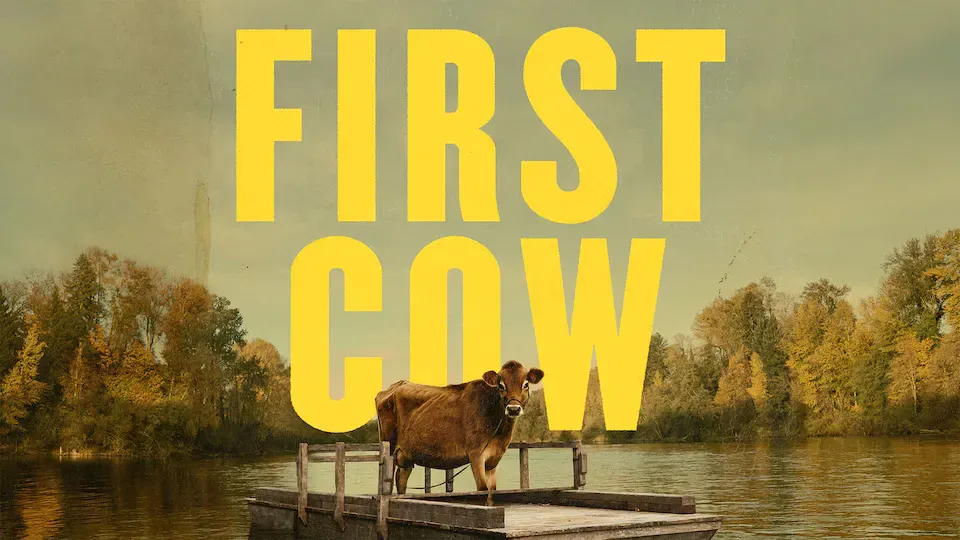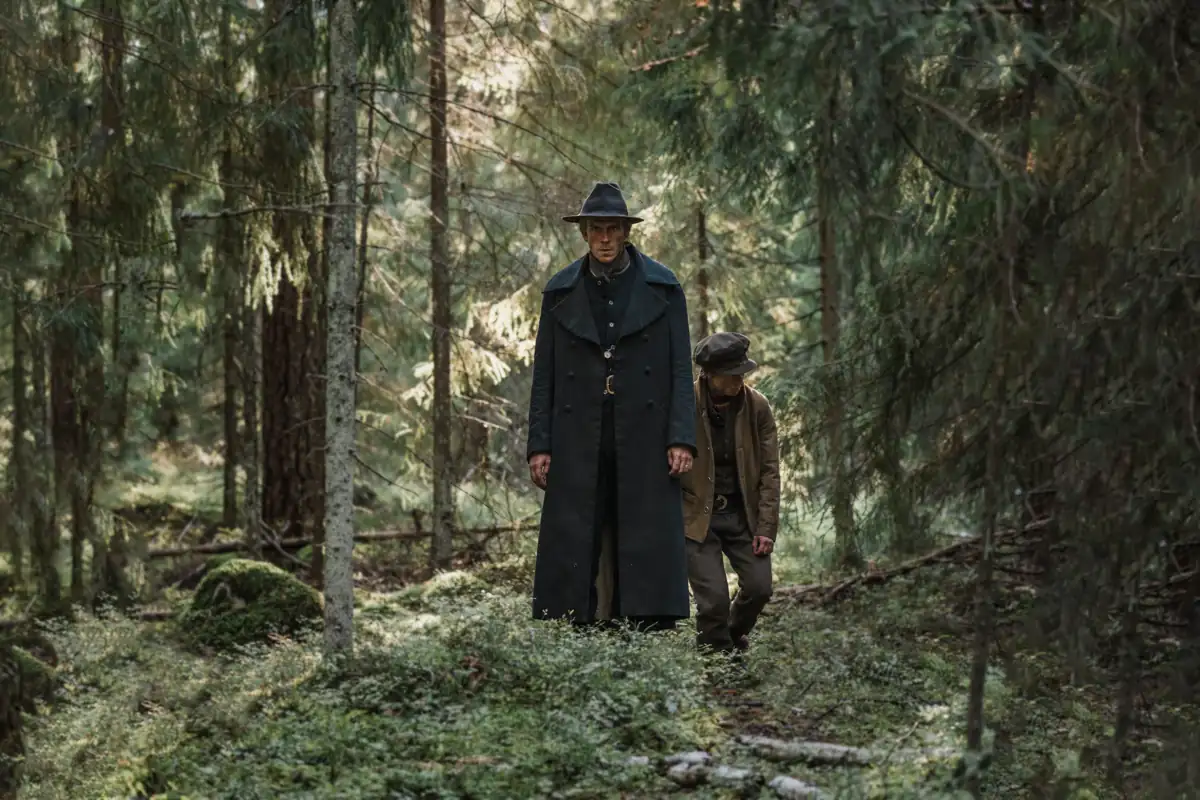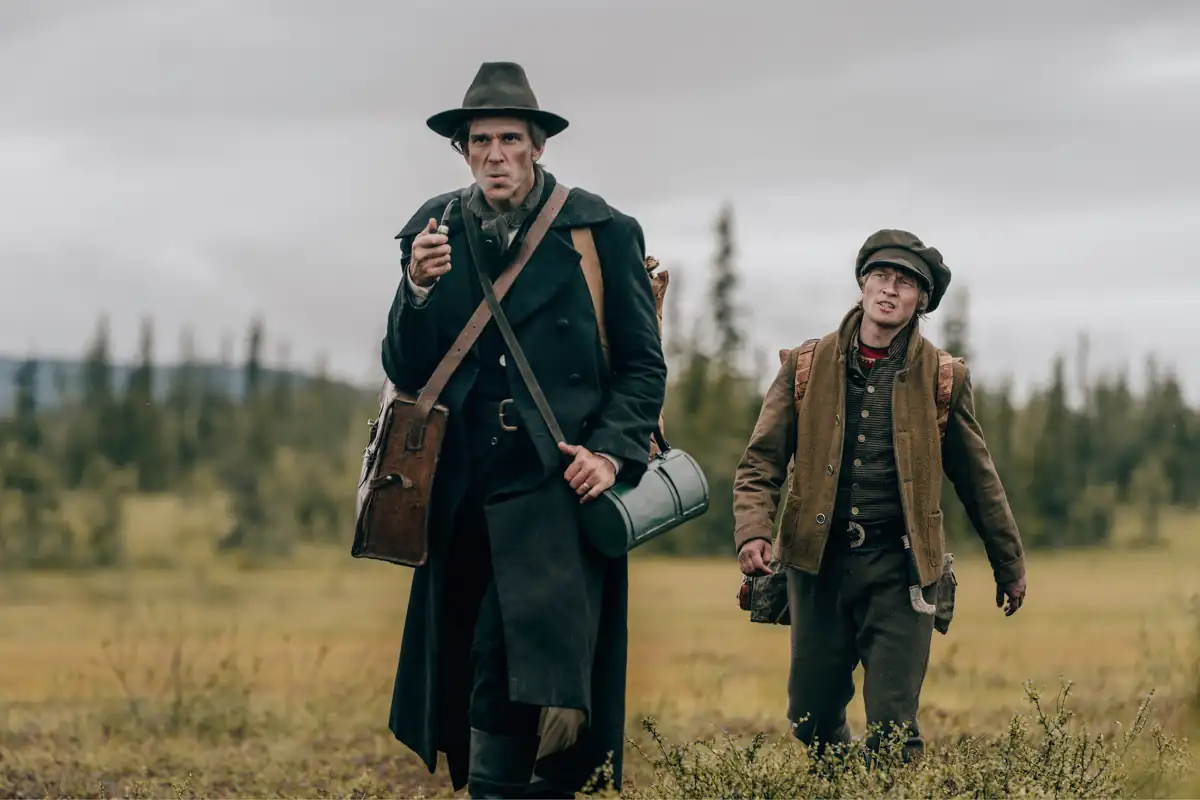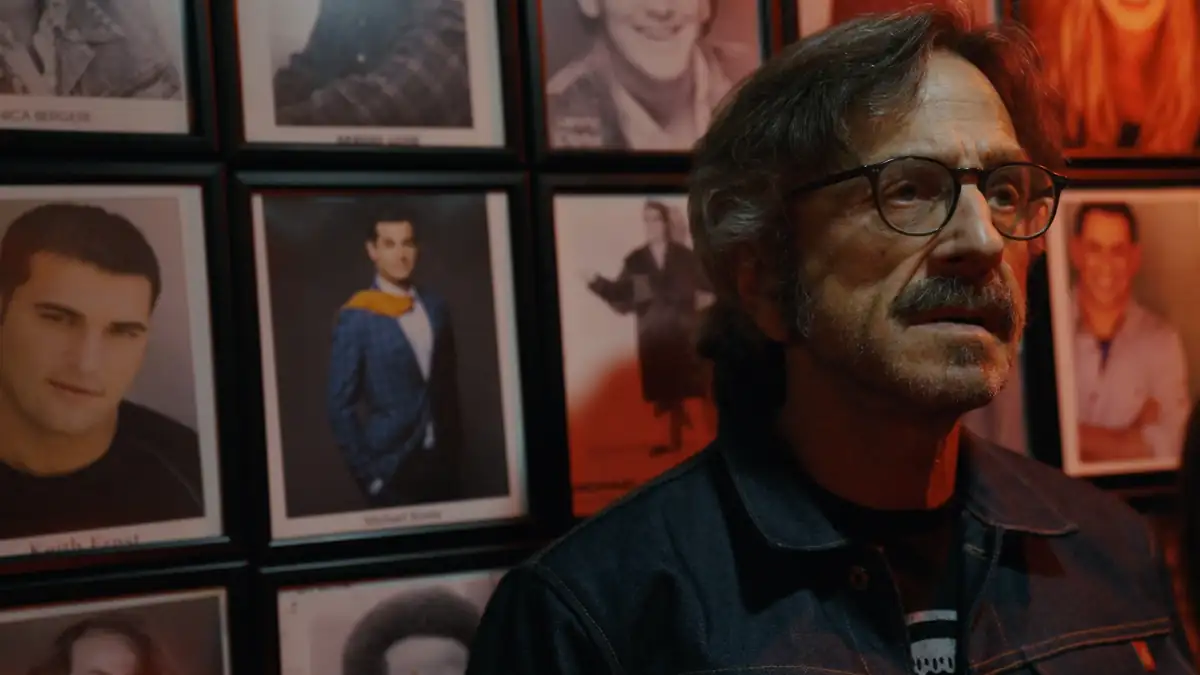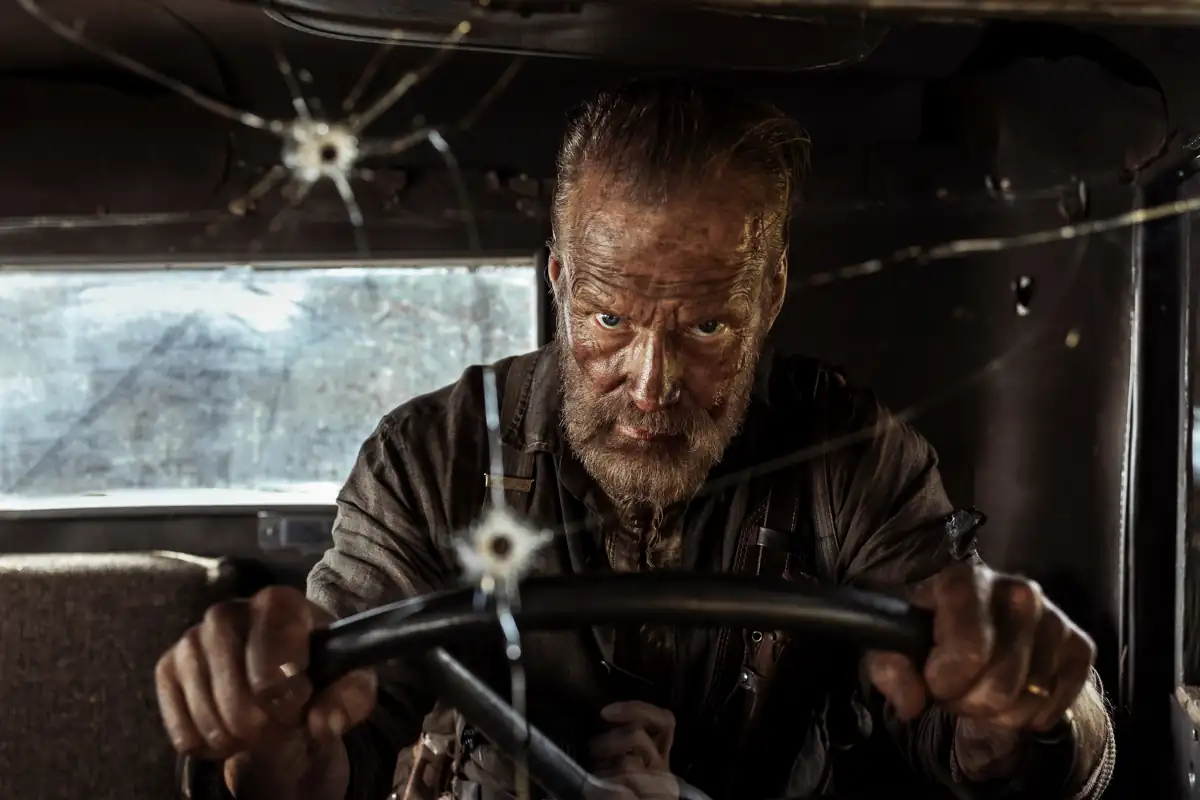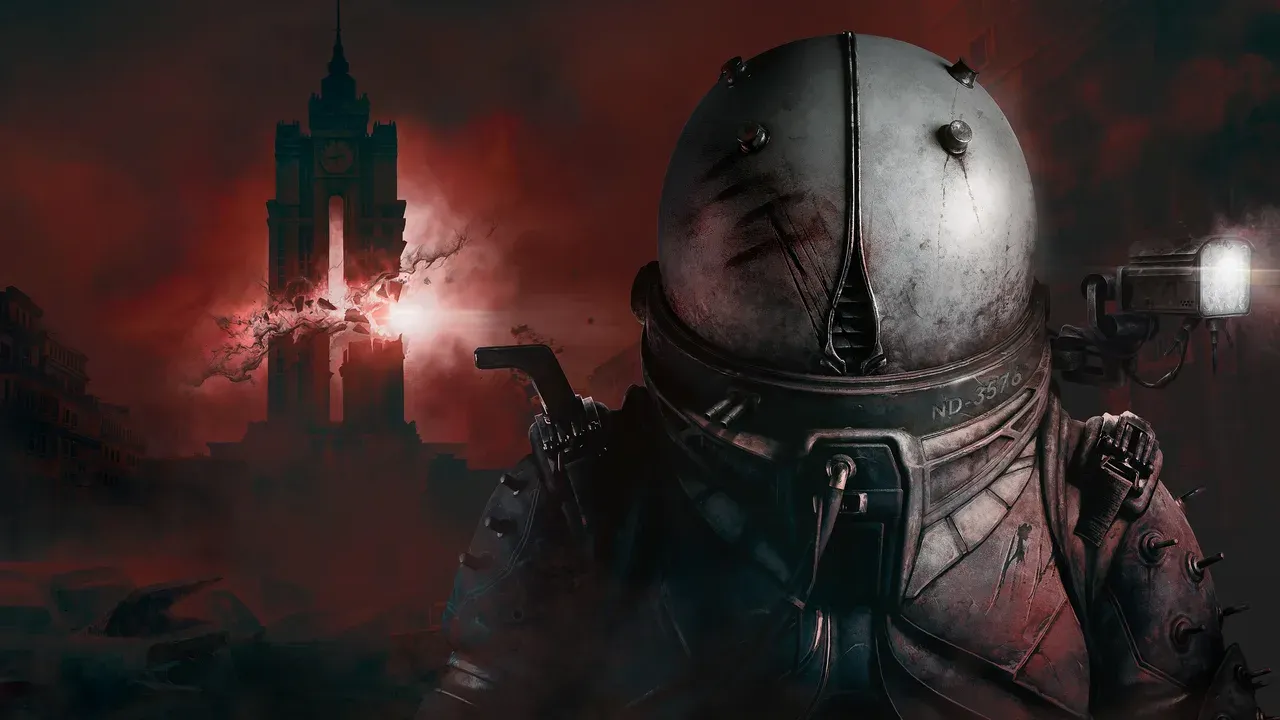The Western, as a genre, is an almost exclusively masculine fantasy. Its iconography rests on the shoulders of lone gunslingers like John Wayne and Clint Eastwood; men of quiet, dangerous anger who do what is necessary, especially when it requires getting their hands dirty.
But the conquering of the West is another story altogether, one that has lately become a fascination for revisionists. Particularly those interested in the origins of American culture. These explorations are inherently tied to studies of masculinity itself. This is where Kelly Reichardt’s masterful First Cow finds its place.
Set on the Oregon Trail in the 1820s, First Cow is the story of Cookie and King-Lu. Two gentle and kind opportunists uncomfortable in the fledgling society burning its way through the wilderness.
Cookie is a hapless chef for a trapper group making their way west. King, another immigrant down on his luck, is on the run after killing a man in self-defense. An unexpected act of kindness brings the duo together, leading them to the only settlement for miles. This place also happens to be home to the first and only cow in the territory.
Said cow belongs to a wealthy Englishman, who plans to use its milk for his tea. A plan quickly emerges. What if they milk the cow at night to bake goods they’ll sell back to the camp? That way, they could save up money and head to San Francisco, where they plan on opening a hotel together.
The plot itself isn’t hard to guess, and that's by design. First Cow isn’t so much about how things happen; but why.
It’s a film more interested in depicting a slice of life of a distant place rather than a story. In doing so, it becomes a fable of its own. Like David Milch’s grand epoch, Deadwood, First Cow is a story about the birth of American reality. Or, at least, what it was before those in power sold it as a dream
The men, played by John Magaro and Orion Lee, stand out not because of virtue – they are thieves – but kindness. They respect nature and simplicity, both traits frowned upon by the masculine frontier. Cookie bonds with the imprisoned cow; King-Lu naps anywhere in the world.
Compared to others obsessed with possession, the duo’s first concern is making things more comfortable. Even Chief Factor, whose cow they’re stealing from, can’t help but wistfully declare that the cookies: “Taste like London.”
Reichardt weaves in her societal criticism poignantly through dialog. King-Lu ponders how everywhere else feels occupied already, but America remains untouched. Cookie can’t help but wonder: “Feels plenty touched to me.”
But there is optimism in King-Lu’s vision. Maybe they have arrived at a time between chapters. “History isn’t here yet. It’s coming, but maybe we can take it in on our terms.”
Like everyone else, they’re displaced millionaires out looking for their fortunes.
There’s a tenderness in how Reichardt depicts the trials and victories of the two hapless heroes. Neither of whom is made for such a hostile world. Their friendship isn’t agreed upon, just something always destined to happen.
As they silently make their way to King-Lu’s cabin, they find solace in the simplicity of having someone to rely on. There’s a comfort in making things feel like home. Reichardt allows these scenes to play out with care to a heartwarming result. They have an element of Satyajit Ray’s films, where people communicate grand emotions through small gestures.
That, in essence, is what Reichardt’s film beautifully captures. Elegant minimalism. An origin story of society told through the friendship of working-class immigrants. The hands that built America, but were never lucky enough to own a piece of it themselves. Eventually returning to the land they tilled.
Often alone, but sometimes – with luck – together.

